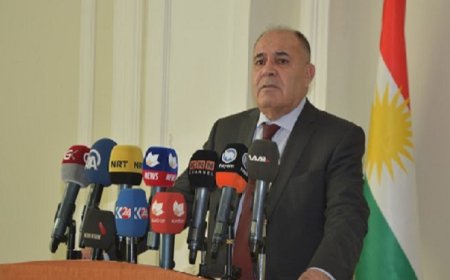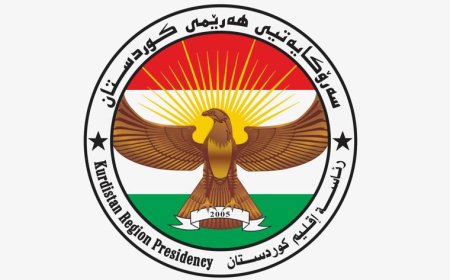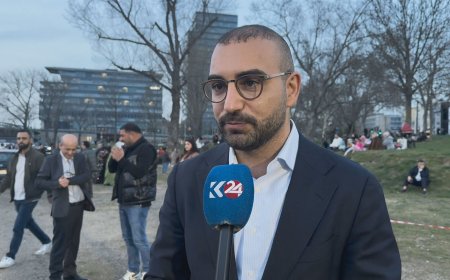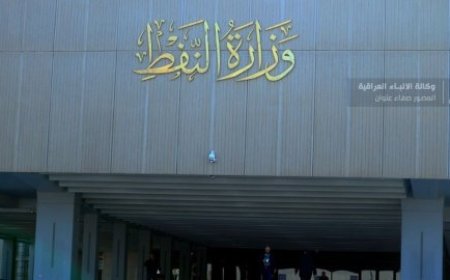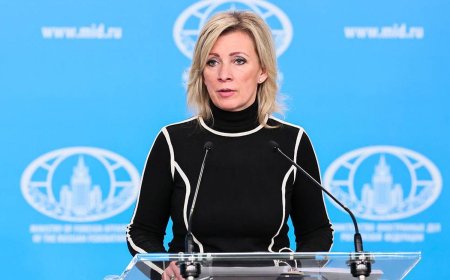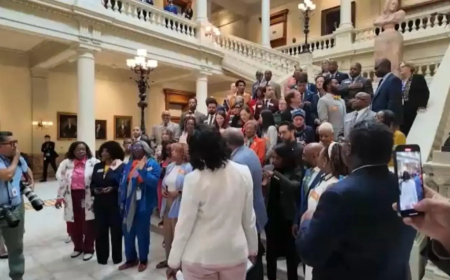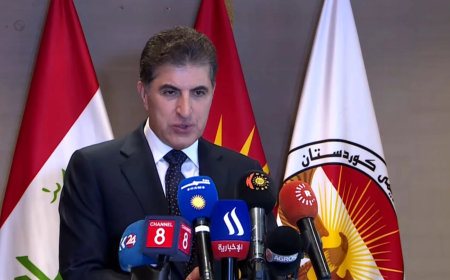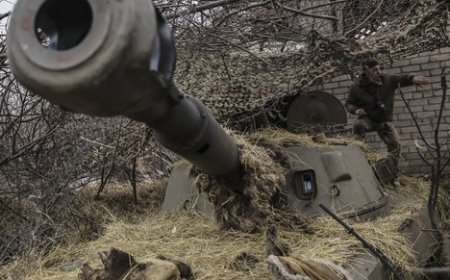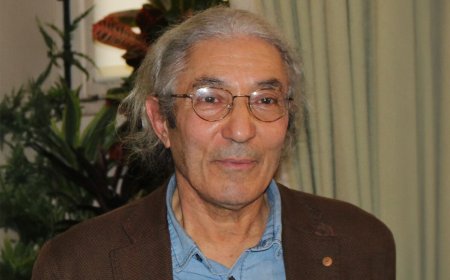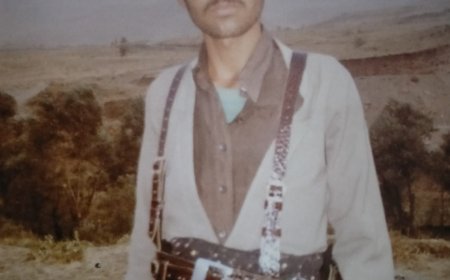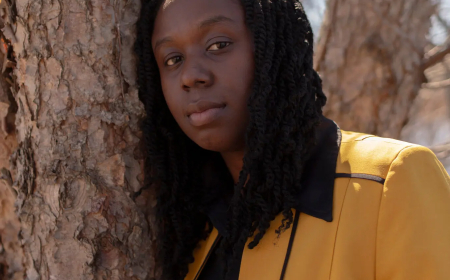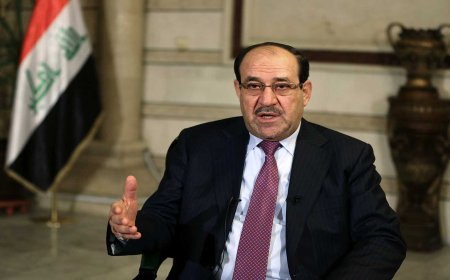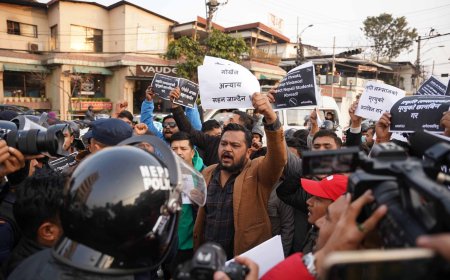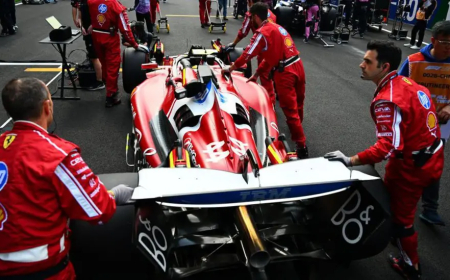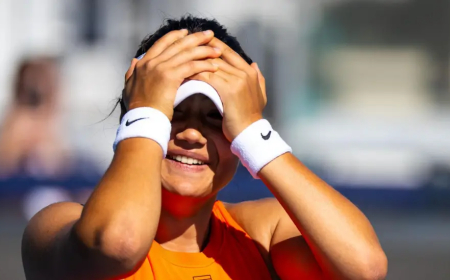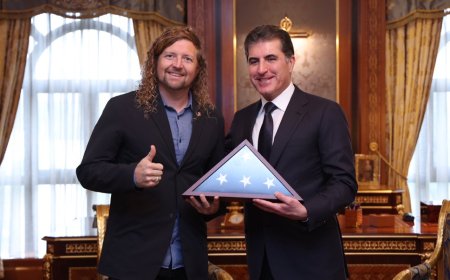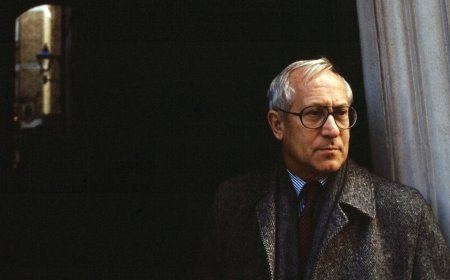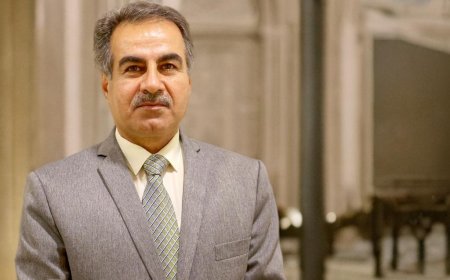The Cost of Conflict: Suffering in the Middle East Amid Ramadan
By Dr. Sirwan Abdulkarim Ali
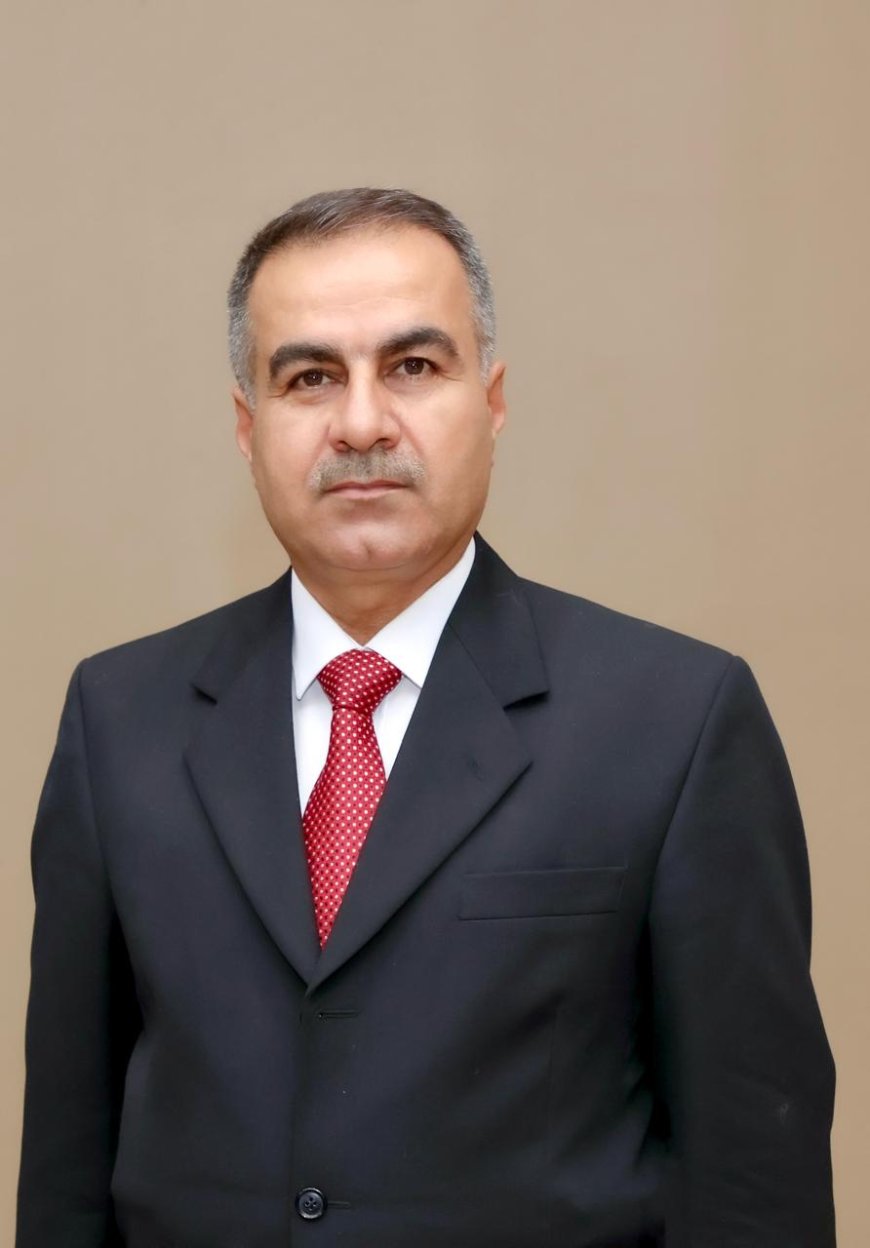
The Middle East, a region historically rich in culture and faith, continues to be plagued by violence, war and armed conflict. From Syria and Sudan to Palestine, Lebanon, Yemen, and beyond, the human toll is devastating—particularly for vulnerable groups such as women and children. The tragedy becomes even more painful as these conflicts rage during the holy month of Ramadan, a time that is meant to symbolize peace, reflection, reconciliation, and compassion.
Ramadan, the ninth month of the Islamic calendar, holds profound spiritual significance for Muslims worldwide. It is a time of fasting, prayer, and charity, believed to be the month in which the Holy Qur'an was revealed—a divine guide "as a guidance for men and women, a declaration of direction, and a means of salvation." It is also a season when Muslims are encouraged to purify their hearts, reconcile differences, and offer zakat (alms) to the needy—acts that reflect the true spirit of humanity and solidarity. Ramadan also marks the end of the Islamic financial year, a period of ethical reflection on one's wealth and responsibilities to others, particularly the vulnerable.
However, the sacredness of this month is being overshadowed by violence. Across the region, Muslim families are mourning. Women grieve the loss of their sons, brothers, and husbands, many of whom have fallen victims to the brutal machinery of war. Children are left orphaned, traumatized by the violent deaths of their fathers, cousins, and loved ones. Youth, the very hope of the future, live in constant fear, carrying the weight of stress and trauma with each passing minute, unsure if they will survive the day.
The nature of these conflicts goes beyond conventional warfare. Bombings, gunfire, and drone strikes are only part of the threat. Acts of extreme violence—rape, torture, forced displacement—have become weapons of war. The collapse of infrastructure and homes, combined with staggering economic losses, has left entire communities in ruins. Markets, schools, and hospitals have become battlegrounds, stripping people not only of safety, but of their basic dignity.
Ironically, many of the armed groups involved in these wars claim to be fighting for noble causes. Their slogans often invoke the pursuit of freedom, justice, or human rights. They label their campaigns as holy wars, justified by ideology or distorted religious narratives. And yet, the outcomes of their actions are anything but holy. The suffering inflicted upon innocent civilians, particularly during a time as sacred as Ramadan, stands in stark contradiction to the values they claim to uphold.
Ramadan is meant to remind us of humility, the importance of mercy, and the moral responsibility we have toward others—particularly the poor, the oppressed, and the voiceless. It is a time when conflict should cease, when compassion should triumph over violence, and when peace should be pursued with greater urgency.
And so, as the world watches the devastation unfold across the Middle East and beyond—from Gaza to Khartoum, from Aleppo to Sana’a, from Ukraine to Lebanon—we are left to ponder a pressing question:
Can anyone define "freedom" and "human rights" in a way that justifies the killing of children, the rape of women, the destruction of homes, and the violation of sacred time?
If the answer is no, then it is time to redefine our collective values—not with weapons, but with humanity.
